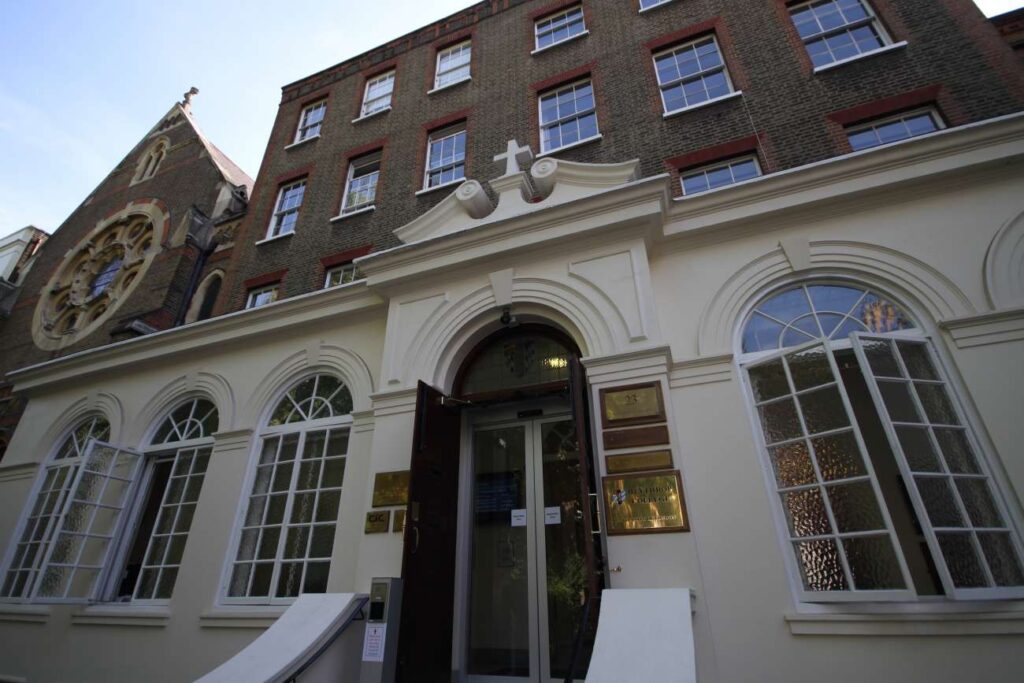

Jonathan Kenigson, FRSA
The Bachelor of Divinity (BD) Tripos at Heythrop College, London was one of the finest programmes of its kind. Until 2018, it sought to prepare graduates as ordinands, but also as scholars in Latin, Greek, Hebrew, Liturgy, and the Philosophy of Religion. The transfer of the BD syllabus to the University of London plenary examination body heralded the development of a series of modules in Comparative Religion and Philosophy of Religion. This transition, although sudden, occurred without the sacrifice of the rigour and dissertation requirements of the original BD. Heythrop had long struggled with solvency troubles, and many opined in the halls of Birkbeck, UCL, and SOAS that Heythrop was dead. It was not dead, in fact. The administration of the University of London exercised superb academic discretion in retaining the Heythrop syllabus while making the elective modules more broadly relevant to a global and diverse UK.
Appiah’s Rooted Cosmopolitanism is aptly illustrated in this case. One does not have to homogenize culture or sacrifice traditions to accept that alternative narratives of life, spirituality, and religion should be held to careful scholarly examination. In fact, this eclecticism is in broad keeping with the most abstract tenets of the Jesuit traditions of scholarly inquiry into the products of general revelation. Apotheosis of the Trinity need not result in denigration of the Other. There is ample room in Jesuit scholarly dialogue to accommodate – nay, welcome – the exploration of all aspects of the universe and its attendant laws. There is similar room for the exploration of culture, even if such science is not reducible to laws of nature per-se, but rather attributed to the laws governing the ethics and politics of civil societies and their customs. To this effect, possibilities for cross-registration at London School of Economics courses may expand the scope of the module offerings made to freshers at the University of London, permitting exploration of scientific and mathematical topics under the aegis of Epistemology or Natural Philosophy.
The continued relevance of philosophy and divinity to the mathematical syllabi of UK universities is only partially supported by joint-honours programmes. The medieval university permitted audit (likely from the root aude – to dare) so that scholars could attend lectures across the Trivium and Quadrivium and expand their conceptions of their various arts and sciences. There is little doubt that a robust cross-registration scheme could permit undergraduates the latitude to explore Quadrivium topics as part of an education in divinity. After all, the Liberal Arts are mathematical arts, and the Scholastic would have been remiss, as any Aristotelian, to neglect the Quadrivium in favour of other arts exclusively. Inasmuch as experimental science is a paradigm-free expression of knowledge-producing activities (e.g. in the view of Feyerabend), the epistemological anarchist may freely admit that such fertile topics as Syllogism are seedbeds of inductive thought that lead naturally to generalizing tendencies in the scientific enterprise.
To be inspired by Bach to produce a work of mathematical beauty is in no sense a descent into the indeterminacy of the modern “Bachelor of Arts”. The Liberal Arts can be revived across the UK and Europe by considering the example set by Birkbeck’s subsumption into the broader current of the University of London’s mission. This mission has always been to support deep student enquiry whilst retaining the privilege to study across traditional disciplines. A polis should always be afforded this privilege as equitably as the nation-state can provide it.





More Stories
Uncover the Mysteries: Detective Pack’s New Jack the Ripper Tour Debuts in London’s Whitechapel
Unlock Your Journey to Intelligent Wealth Management
Local Gem in Bailieborough : Rave Reviews for The Bailie Hotel with Irish Hospitality